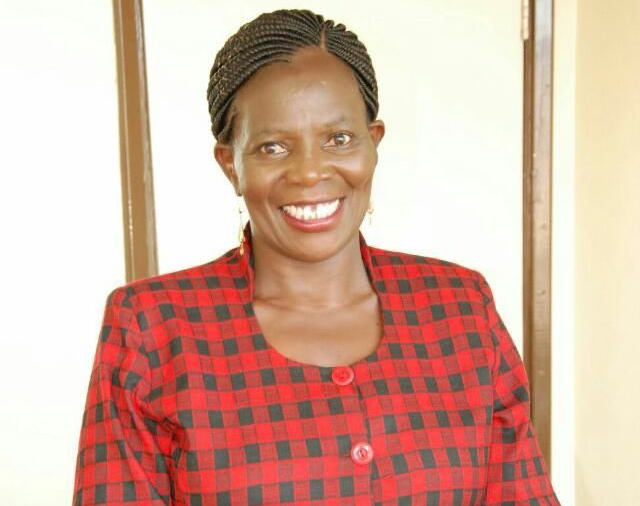Looking through Clear Lenses to Address Education Isolations and Deficits
Lucy Njura Barimbui is a teacher by profession. She loves analysing education policies in Africa with a focus on the marginalised groups. Lucy is currently a regional coordinator for Education International, Africa.

Article 26 of the Universal Declaration of Human Rights adopted in 1948 recognises education as a human right for all. The importance of fast tracking the rights to education is further highlighted in the 2030 Agenda on Sustainable Development with emphasis on leaving no one behind. Through SDG4, ‘ensure inclusive and equitable quality education and promote lifelong learning opportunities for all’, education is set as a catalyst for all the other goals. It creates an opportunity for social mobility and reduces inequalities. Through education individuals can navigate and contribute to good health, climate change and the political wellbeing of communities. Unfortunately, education deficits and pockets of education isolation are prevalent in many African countries.
There has been schooling wastage with so many children exiting the system without the basic skills to facilitate effective participation in life improvement activity. Worst of all we still have 259 million school age children out of school according to a report by UNESCO (2018). Sadly, half of them are either girls, children from the minority or the marginalised rural poor. This means that, the aspirations of SDG4 of leaving no one behind is a mirage especially in developing countries.
A successful education system records targeted numbers of school going children enrolled into schools at the right age: the ability to transit the same numbers from one level to another and the power to portray expected learning outcomes at the final stage. The progressive education achievements should translate into measurable education outcomes that facilitate absorption into either the job market or competences that enhance survival skills without formal employment.
With increased competition in the job market and falling economies, the demand for transformative education is critical, and the need to invest in the 21st century skills including enhanced technology has exceeded the knowledge-based education characteristic of many systems in Africa.
The wholesale solutions to addressing education challenges especially in Africa must now retail! Transforming education means touching and smelling the dust on the ground that bars meaningful equal distribution of education. Education campaigns must transform issues on equity, total inclusions, quality, and relevance. The future actions must be targeted and multifaceted! Advocates must look at pockets of exclusion and organisations must go to those areas that are ‘difficult to reach’ because human beings are living and surviving in ‘unpleasant conditions.’ Funding to facilitate learning resources must be aimed at addressing the permanent gaps that are often ignored in large-scale education planning.
Quality leadership in education will be the next big thing that organisations must address. There must be accountability of resources dedicated to education programs in the left-behind areas. Slogans such as “show us the value, let our resources transform future generations” and “everyone counts, leave no one behind” must litter our future education actions and campaigns if we truly wish to make the world a fairer place for ALL.
Let’s look through clear lenses to see what others have refused and failed to see, to meet our education goals.
This article first appeared in Engage 25.




